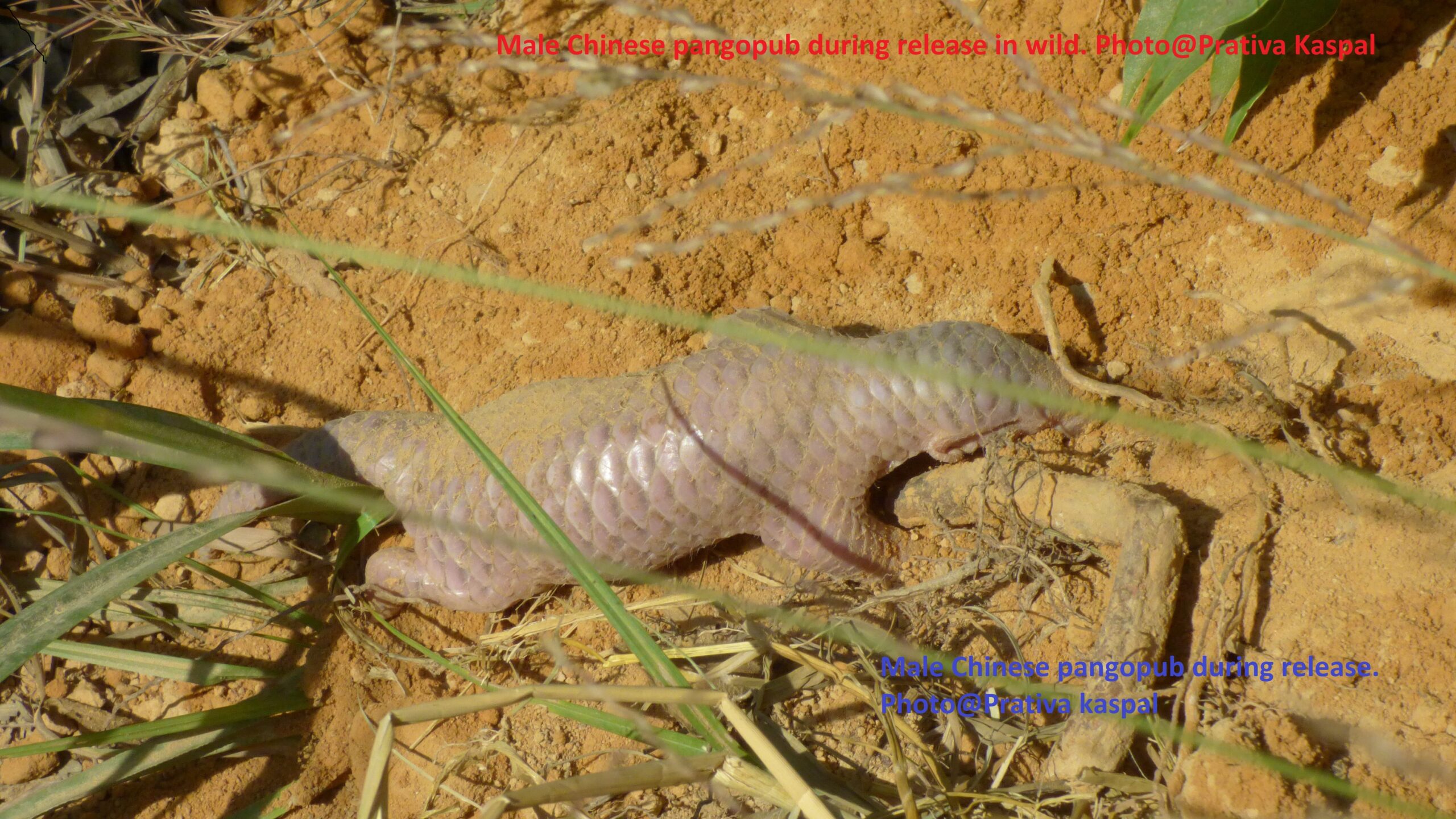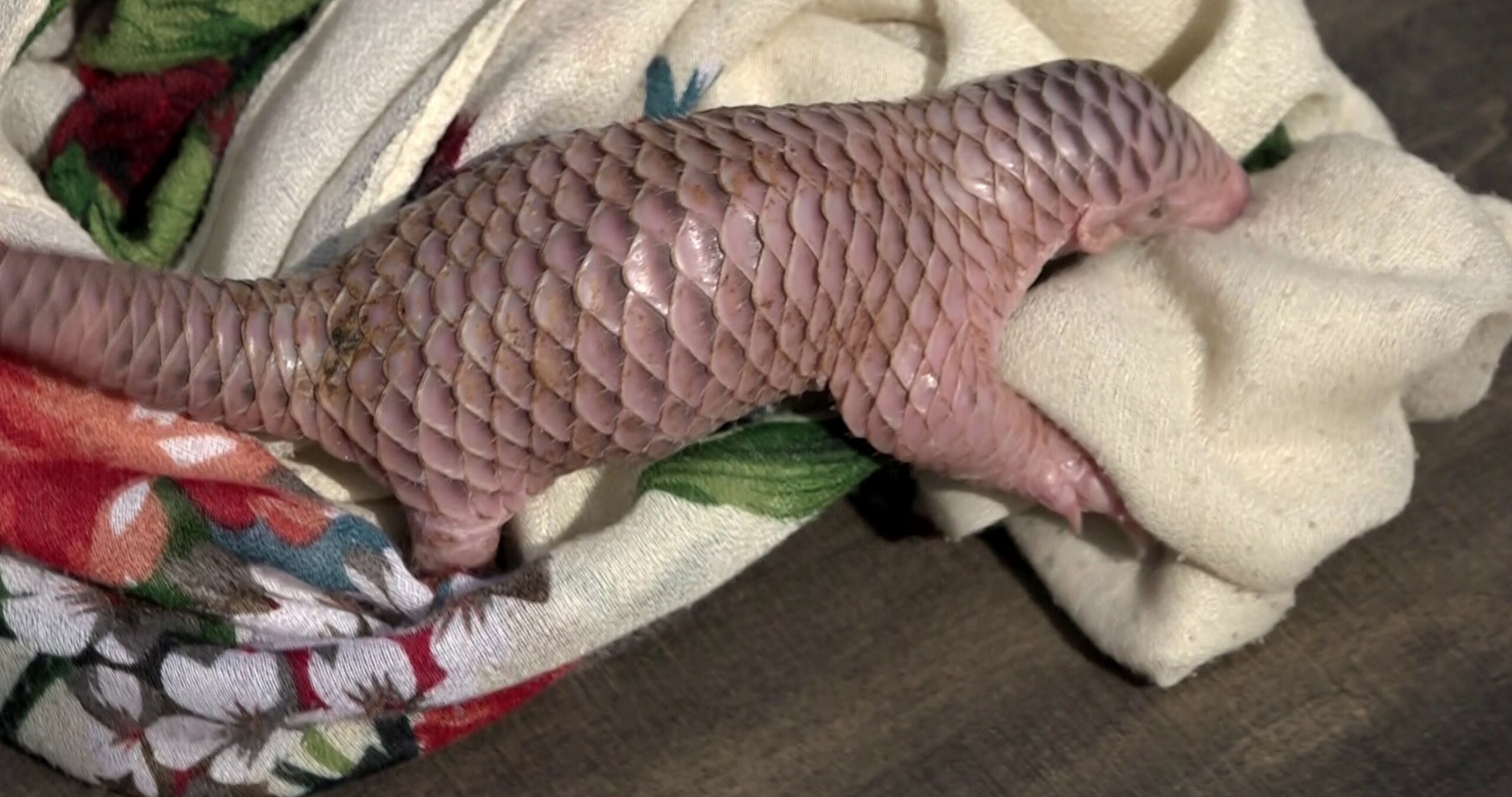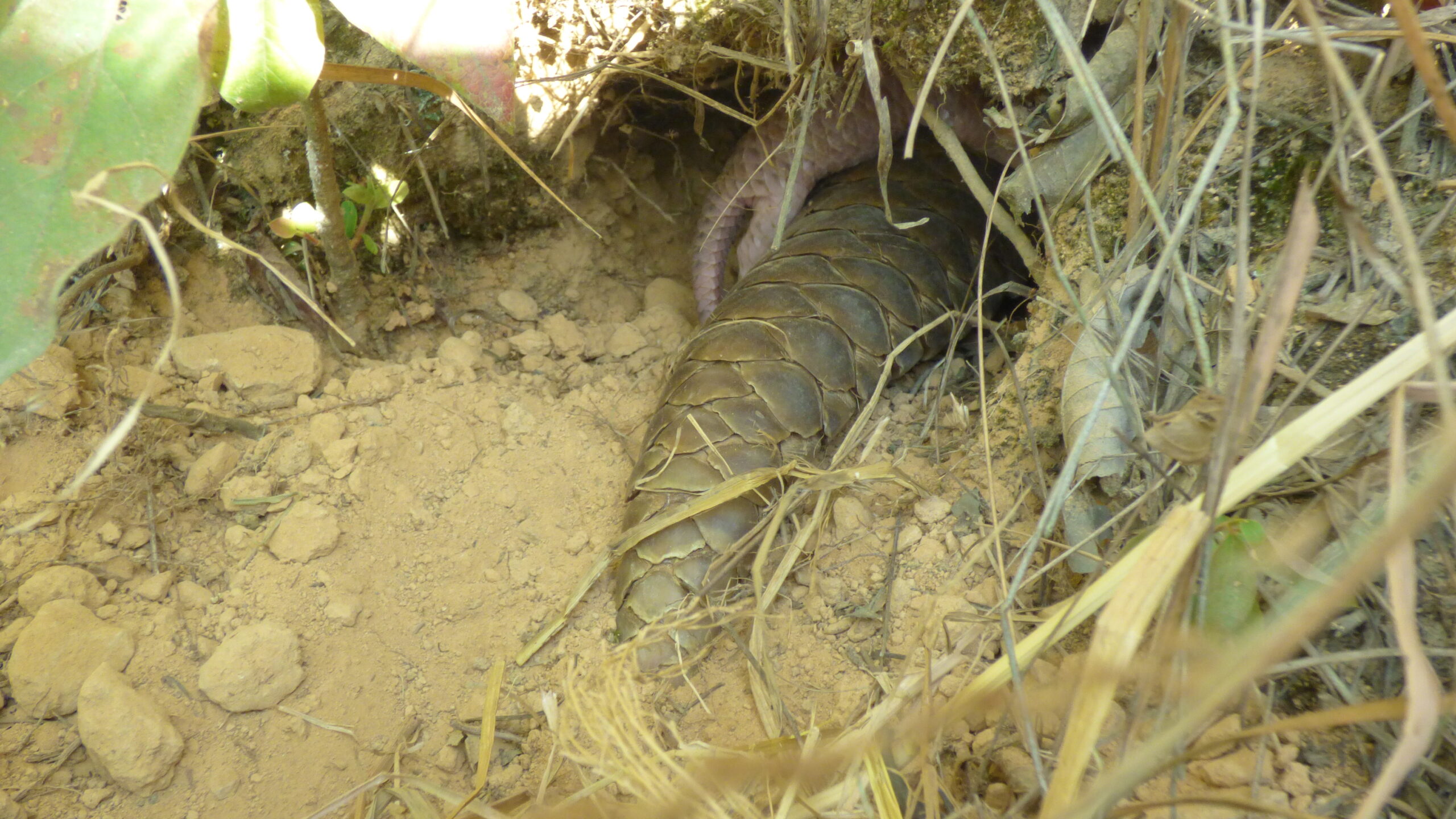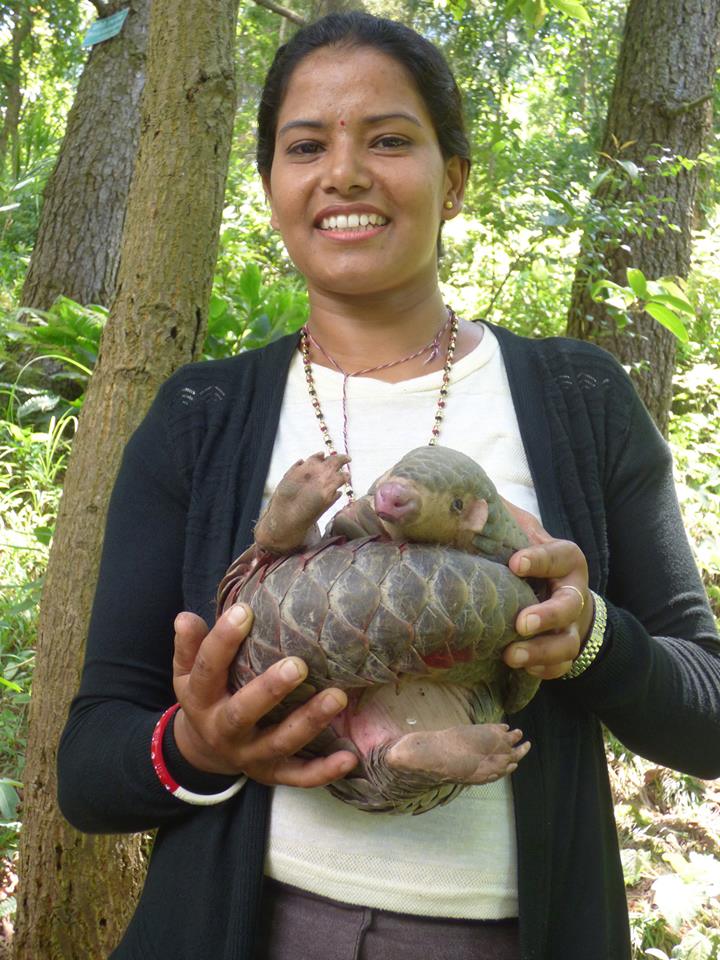World Pangolin Day Celebration highlighting the rare life in a box: Birth from a confiscated Chinese pangolin in Nepal
By Prativa Kaspal
Pangolins, the only truly scaly mammals in the world, are globally endangered and highly threatened and are in drastic decline due to being illegally trapped, trafficked, and killed for their scale by organized crime networks on a large scale to serve the need of the traditional medicine market in China and Vietnam where pangolin scales are unfortunately believed to be a cure-all of sorts and pangolin flesh is considered a delicacy. Pangolins can be trapped and easily caught in the hands of poachers because of their behavior. When pangolins feel insecure or frightened, they will curl up into a tight ball to protect their tender underside, which makes it easy only for the poachers.
The day is an opportunity for pangolin enthusiasts and the wider human community to join hands in raising awareness about the plight of these unique mammals that play a critical role in their ecosystems by providing the earth with natural pest control. A single pangolin eats as much as 70 million insects per year which is important to keep soils aerated, tender and fertile. Therefore, World Pangolin Day is celebrated annually to spread education, and awareness to fight against the illegal trade and harvesting of pangolins in the range. In absence of the pangolins, the earth might lose its only scaly mammal and soil aerator to the incessant cruelty of pangolin smugglers.
In this connection, I want to share this event of confiscated pangolin which was rescued by the officials working for the Center Intelligence Bureau (CIB) and Nepal police to traffic her for her body parts. It was trapped inside the manually made wooden box and was carried in a sac at Lokanthali, Bhaktapur in afternoon.
It was then taken to the Metropolitan Police station Byasi Bhaktapur. All the official documentation was undertaken. According to the police investigation team, there was only one very passive pangolin when they investigated it last time.
When the police officials were about to transport it to the Divisional Forest Office, Bhaktapur for handover of the case and for further legal actions against the poachers. However, miracle happened when one staff opened the box and found the very tiny baby at around 5:15 pm. Then, they hurriedly called the forest officer.
Nobody knew she was pregnant until she gave birth to the little pangopub. As Nepal lacks information about pangolin reproduction biology and the measures associated to the handling of the newly borne pangopub, forest officer Mr. Prem Prasad Khanal called Prativa Kaspal, Pangolin researcher for help.
Following his call, at around 5:25 pm, I drove to Police office and inquired for the case. When I opened the sac and the little door of the box, I felt really very sad while looking at the helpless mother. She was shivering, badly suffered from the illness, stress, starvation and dehydration. She was really very frustrating as she could not stretch her body and was rolled at one side. Perhaps, she just gave birth but couldnot roll her up due to insufficient space inside the box.

Pangopub struggling to get inside the burrow | Photo by Prativa Kaspal
Globally there are eight species of pangolins and all of them are the most commonly trafficked animals in the wildlife trade for their scales that have been used as a key ingredient in Chinese traditional, medicine despite a ban on pangolin scales in June 2020, an action taken during COVID pandemic. In Nepal, several ethnic communities still consider pangolin meat has a delicacy and with a belief that they have some medicinal benefit. This is not only belief in our country but in many countries, that is driving the trade.

Photo by Prativa Kaspal
The team decided to move the mother and pub in the central zoo but the zoo had been failed many times to rear the sensible pangolin in captive environment. Therefore, we decided to release them in wild to our earliest. It was the wise decision we couldnot maintain them in safe captive environment and it would be far better to release them in the suitable habitat. So we took them to the natural habitat.
Mother pangolin was much more relaxed in the new place and started digging carefully. Though, we fully released her, but we have been keeping close monitoring regularly. It was really exciting to share that despite of painful events and sadness, she gave birth to a healthy pub. During captive environment the mother seemed abandoned her pub but when both were released in the wild, she bonded with the pub taking extra precautions while digging and took him with her inside the self dug burrow in a very short time. We hope both are doing great and well.

Chinese pangolin and pangopubb inside the burrow | Photo by Prativa Kaspal
I am so blessed to have this journey with them.


